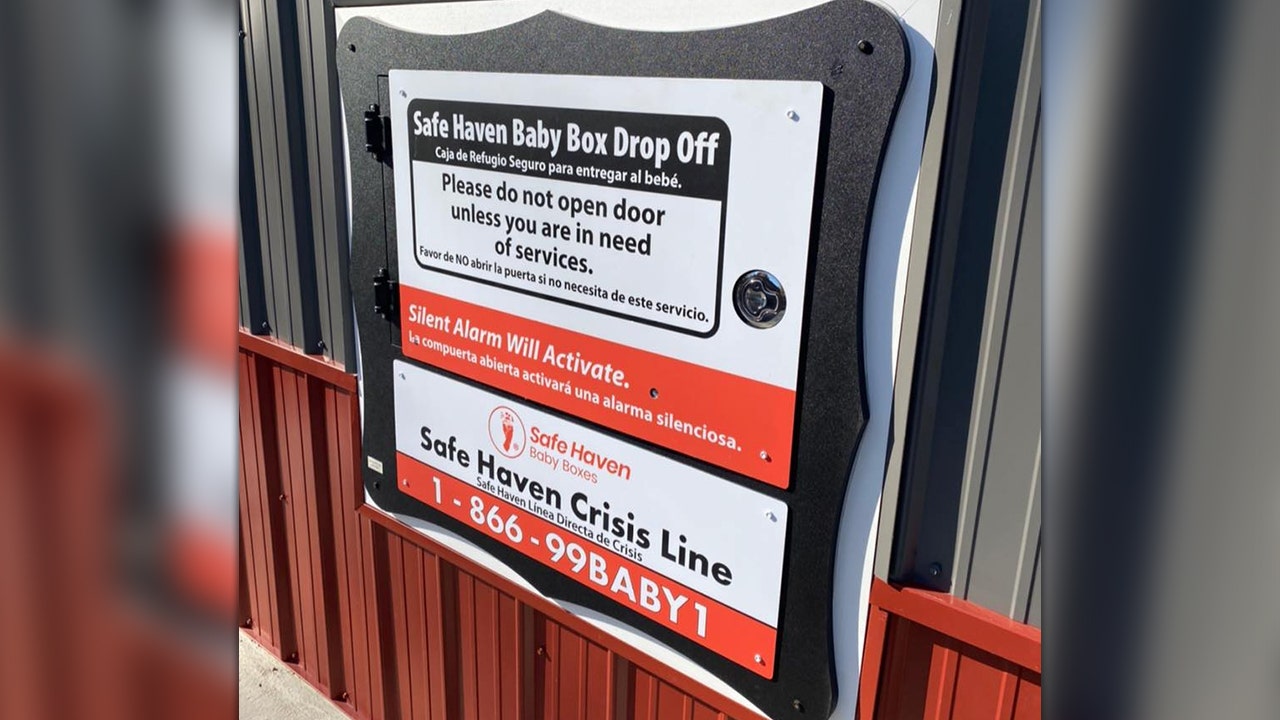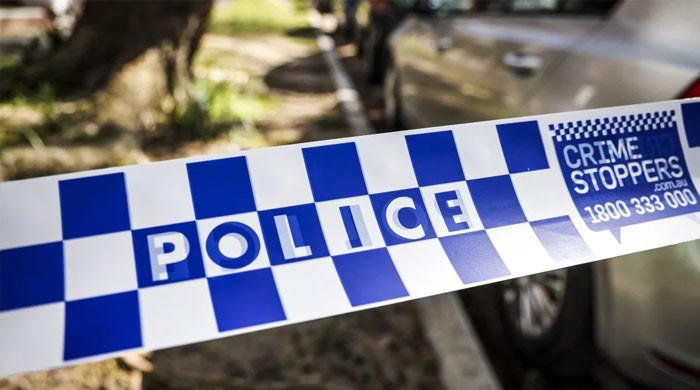Among the hundreds of people on the mountain that day was Kristin Harila, the record-seeking Norwegian climber whose team, sponsored by the outdoor company Osprey, was trying to summit the world’s 14 tallest peaks in the shortest-ever span of time. Hassan, who was there assisting other climbers, was not a member of her group.
But the footage, released last week by other climbers, soon spread online and angered many who said Harila, 37, should have aborted her ascent after encountering an injured Hassan near the summit, the world’s second-highest at 8,611 meters, or 28,251 feet. (She reached the peak several hours later and appeared in a video, saying, “We have reached summit number 14.”) The incident also ignited a fierce debate over the behavior of foreign mountaineers and other adventure tourists who attempt Himalayan peaks, as well as their treatment of local guides and porters.
Hassan “was treated like a second-class human being,” Wilhelm Steindl, one of the climbers who released the damning drone footage, said in an interview with an Austrian newspaper. “What happened there is a disgrace. A living person is left behind so that records can be set.”
Harila said that she tried to help Hassan, who fell from an especially dangerous part of the mountain known as “the Bottleneck,” as she, her cameraman, and her guide, Tenjin “Lama” Sherpa, neared the summit in the early morning on July 27.
“We tried, we tried everything we could to save him,” Harila said in a phone interview, her voice breaking.
According to Harila, they were approaching the peak when they came across Hassan, and quickly scrambled to save him, clipping him with a rope and pulling him back up the side of the mountain. The effort took more than an hour, she said.
Then, Harila and others on the mountain spotted what she said was a massive avalanche — and pushed forward to check on the rest of her team. Harila said her cameraman, Gabriel Tarso, stayed behind to help Hassan, whose bare stomach had been exposed to the wind and cold for a prolonged period after he fell. He also had no oxygen mask, she said.
Harila ended up summiting the mountain and, along with her guide, Sherpa, became the fastest climber to summit the world’s tallest 14 peaks, completing the feat in three months and one day. (The previous record was held by Nirmal Purja, who took just over six months to summit the same peaks in 2019.)
Hassan died of his injuries, as climbers stepped over him to get to the top.
In a lengthy blog post on her website, which has since been taken down, Harila said she has received death threats over the incident. She said scrutiny should be directed at those who sent Hassan up the mountain without proper gear.
“We did not fully understand the gravity of everything that happened until later,” she wrote, saying that she believed others would help Hassan and get him down the mountain.
But later, in a phone interview on Saturday, she said it would have been nearly impossible to carry him down the steep, icy slopes, where climbers must be fastened to a rope in single file in order to pass.
According to Steindl, Hassan took a dangerous job to fund his children’s education. Steindl set up a GoFundMe campaign for Hassan’s family, which has so far raised more than $121,000.
A Pakistani mountaineer said Saturday that an investigation has been launched into Hassan’s death, the Associated Press reported. Karrar Haidri, head of a governing body for mountaineering in Pakistan, told the AP that the investigation is being conducted by officials in the Gilgit-Baltistan region, which has jurisdiction over K2.







